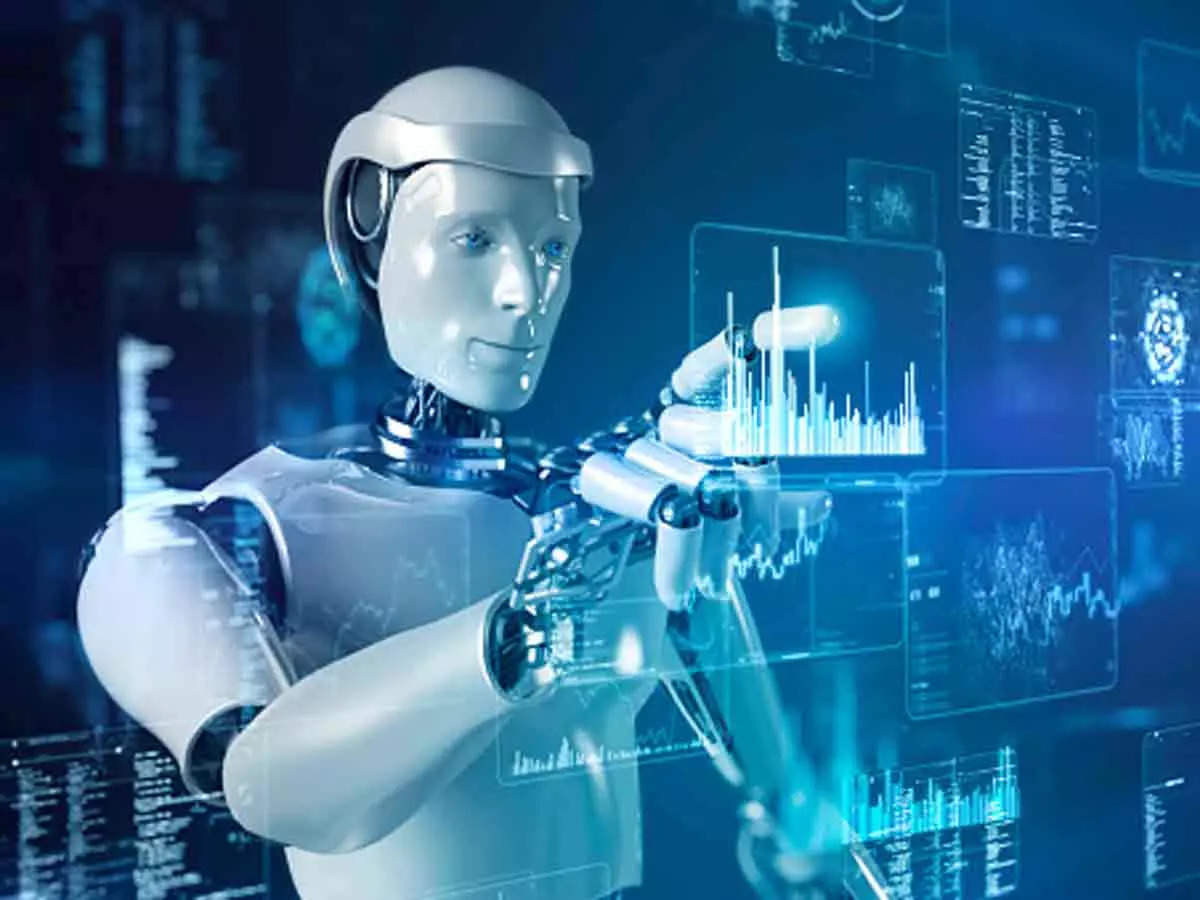
In the ever-evolving landscape of technology, Artificial Intelligence, commonly referred to as AI, has emerged as a transformative force. This article aims to unravel the intricacies of AI, its applications, and its impact on various industries. We’ll explore the fundamental concepts, cutting-edge advancements, and address common questions surrounding this revolutionary field.
Introduction to AI
Artificial Intelligence, often abbreviated as AI, is a multidisciplinary field of computer science that aims to create systems capable of performing tasks that typically require human intelligence. These tasks include learning, problem-solving, understanding natural language, and adapting to new situations. AI systems are designed to analyze data, make decisions, and continuously improve their performance.
The History of AI
The journey of AI began in the mid-20th century when computer scientists started developing algorithms and models inspired by the human brain’s neural networks. Early AI research focused on symbolic reasoning and rule-based systems. Over the years, AI has witnessed significant milestones, such as the creation of expert systems, the development of machine learning algorithms, and breakthroughs in natural language processing.
Types of AI
Narrow or Weak AI
Narrow AI refers to AI systems that are specialized in performing specific tasks. These systems excel in their designated domains but lack the ability to generalize their knowledge to other areas. Examples of narrow AI include virtual assistants like Siri and Alexa.
General or Strong AI
General AI, also known as Strong AI, is a theoretical concept where AI systems possess human-like intelligence. These systems would have the capability to understand, learn, and adapt to any intellectual task that a human being can perform.
Superintelligent AI
Superintelligent AI is a hypothetical scenario where AI systems surpass human intelligence. This concept raises complex ethical and existential questions about the control and implications of such advanced AI.
Machine Learning and Deep Learning
Machine learning is a subset of AI that focuses on training algorithms to learn from data and make predictions or decisions. Deep learning, a subfield of machine learning, involves neural networks with multiple layers, enabling them to process vast amounts of data and recognize intricate patterns.
AI in Everyday Life
AI in Healthcare
AI has revolutionized healthcare by enhancing diagnostics, predicting disease outbreaks, and personalizing treatment plans. AI-powered medical imaging and analysis tools have improved accuracy and speed in medical diagnoses.
AI in Finance
In the financial sector, AI is utilized for fraud detection, algorithmic trading, and risk assessment. Chatbots and virtual assistants are also employed to provide customer support and financial advice.
AI in Transportation
Self-driving cars and AI-driven logistics systems are transforming transportation. These technologies aim to increase safety and efficiency while reducing traffic congestion.
AI in Customer Service
AI-driven chatbots and virtual agents are increasingly employed in customer service to provide immediate assistance and streamline inquiries.
Ethical Considerations in AI
The rise of AI has prompted discussions about ethical concerns, including bias in algorithms, privacy infringements, and the potential loss of jobs due to automation. Ethical guidelines and regulations are being developed to address these issues.
The Future of AI
As AI continues to advance, it holds the potential to revolutionize industries, improve decision-making, and unlock new possibilities in scientific research and creativity.
AI in Popular Culture
AI has permeated popular culture through books, movies, and television shows. It often serves as a source of fascination and speculation, fueling discussions about the implications of superintelligent AI.
AI and Job Disruption
The integration of AI in the workplace raises concerns about job displacement. However, AI can also create new job opportunities in fields related to its development and maintenance.
AI in Education
AI-driven educational tools and platforms have the potential to personalize learning experiences, adapt to individual needs, and facilitate remote learning.
AI and Creativity
AI is pushing the boundaries of creativity, with applications in art, music composition, and content generation. It challenges conventional notions of human creativity.
The Role of Data in AI
Data is the lifeblood of AI. The quality and quantity of data directly impact the effectiveness of AI systems. Data privacy and security are crucial considerations.
AI and Privacy Concerns
The collection and analysis of vast amounts of personal data by AI systems raise privacy concerns. Striking a balance between innovation and data protection is essential.
AI Regulations and Policies
Governments and organizations are actively developing regulations and policies to ensure the responsible and ethical use of AI technology.
Conclusion: Embracing AI in the 21st Century
Artificial Intelligence has come a long way since its inception. Embracing AI and its potential while addressing ethical concerns is crucial for harnessing its benefits in the 21st century.